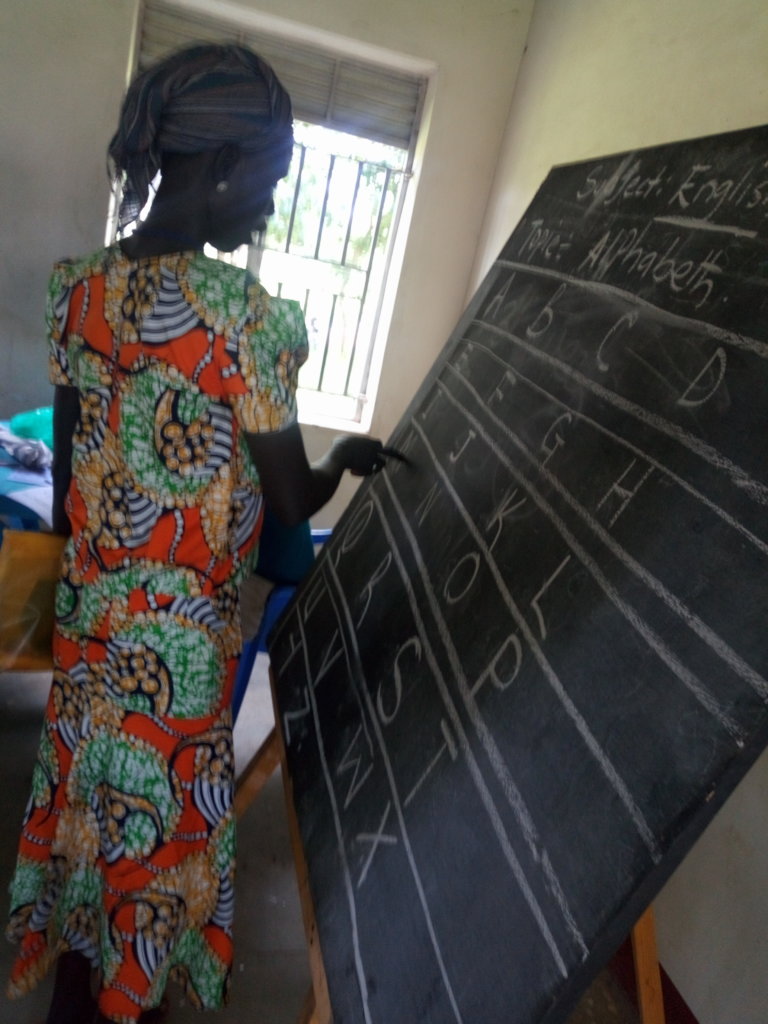Ability to read and write is vital in helping women and girls access important information, build self-esteem and confidence to walk with one's head high, while helping them to actively participate an...
Read more
Empowering refugee women and girls through literacy education: Difference between revisions
(Created page with "{{Solution |Description=The solution involves providing literacy education to 200 refugee women and girls, with a focus on building foundational reading and writing skills. This will be done through a combination of classroom instruction, one-on-one tutoring, and community-based learning activities. The program will also address barriers to education, such as lack of access to schools or transportation, by providing resources and support to participants. By empowering re...") |
(Updated solutions) Tag: Reverted |
||
| Line 1: | Line 1: | ||
{{Solution | {{Solution | ||
|Description=The solution | |Description=The solution provides literacy education to refugee women and girls, enabling them to gain knowledge and skills to improve their lives. It helps them to communicate effectively, access information, and participate in decision-making processes. The program also promotes gender equality by empowering women and girls to challenge gender stereotypes and discrimination. Through literacy education, refugee women and girls can enhance their economic opportunities, improve their health, and increase their social and political participation. The solution aims to create a sustainable impact by building the capacity of local communities to support and sustain the program. | ||
|Problems=201841 | |Problems=201841 | ||
|Region=Uganda | |Region=Uganda | ||
|coordinate=, | |coordinate=, | ||
|geo_id=226074}} | |geo_id=226074}} | ||
Revision as of 03:50, 5 July 2023
This Solution
needs your help
Loading...
Region: Uganda
The solution involves providing literacy education to 200 refugee women and girls, with a focus on building foundational reading and writing skills. This will be done through a combination of classroom instruction, one-on-one tutoring, and community-based learning activities. The program will also address barriers to education, such as lack of access to schools or transportation, by providing resources and support to participants. By empowering refugee women and girls with literacy skills, they will be better equipped to navigate their new environments, pursue employment opportunities, and engage in their communities.
Projects working towards this solution
Link/Delink Project

This solution resolves following problems
Link/Delink Problems
Refugee women and girls often face barriers to education, including lack of access to schools, discrimination, and cultural norms that prioritize boys' education over girls'. This can lead to limited ...
Read more
Solution Gallery
Solution Videos
Have something to say about this solution?
Loading comments...